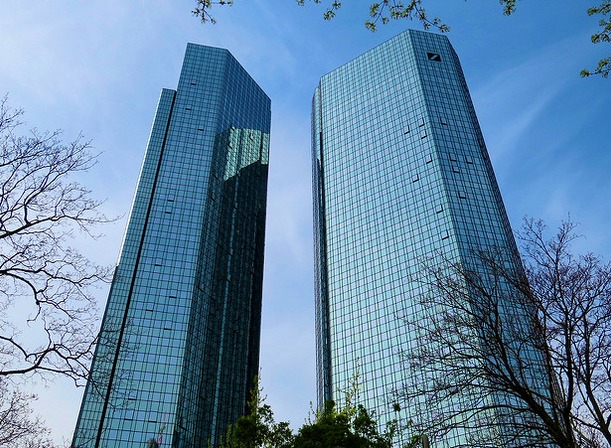I look forward to Barron’s Roundtable every January. It’s a collection of ten contrarian investors who seldom agree on anything—which is precisely why I find it valuable.
Money managers and financial journalists are often prone to groupthink, and when they succumb to it they become useful only as contrary indicators. Market insights only have value when they are independent, and the Barron’s Roundtable is anything if not independent. Eccentric might be a better word.
Unfortunately, Barron’s is a man down this year, and he happens to be the most eccentric of the lot; Gloom, Boom & Doom Report editor Marc Faber was not able to attend. I often disagree with Faber, but he always gives me food for thought.
Let’s take a look at what the panel is saying for 2013.
I’ll start with the Bond King Bill Gross, manager of the Pimco Total Return ETF (BOND). As with Marc Faber, I also find myself disagreeing with Mr. Gross on a regular basis, though I take what he says very seriously. And he is one of the few active managers I use when allocating client accounts. So, what does Mr. Gross have to say?
“The US continues to have a “new normal” economy, with annual growth of 2% or less… There are several reasons for this. There is too much debt, and the ongoing deleveraging process creates the fiscal drag we just talked about. There is also a demographic issue: The population is getting older… Third, de-globalization leads to slower growth.”
Gross overstates the risk of “de-globalization.” Free trade and globalization have stalled out to an extent, but they haven’t exactly gone into reverse, or at least not recently. But he is absolutely correct about deleveraging and aging demographics, and I share his view that inflation will remain benign in 2013. We’ll have to wait until Part II of the Barron’s story to get Gross’ specific recommendations for the year.
Moving on, Switzerland-based hedgie Felix Zulauf has a peculiar bullish take on Japan:
“The Japanese government is in a difficult position, with the country’s debt running at 230% of GDP. Japan is in a recession. The budget deficit exceeds 8% of GDP and could top 10% this year and next. The deficit was easy to finance as long as Japan was running a structural current-account surplus and the domestic pool of savings was large enough to do so. In recent times the country’s external accounts have deteriorated, and that could continue.”
The facts of Japan’s dismal position are indisputable, yet Zulauf is bullish on Japanese equities. Why? Because the deliberate policy of pushing the yen down and igniting inflation should be bullish for Japanese equities.
Thus far, Zulauf has been spot on. The yen has cratered, and Japanese stocks have rallied. But Japanese shares should be considered a short-term speculative trade, not an investment.
As I’ve written before, Japan is a dead man walking. And moves to spur inflation could have the effect of pushing up long-term yields to the point that rolling over Japan’s gargantuan debts becomes problematic. Japanese equities may have a good year in 2013. But my bet is that the big money will be made shorting Japanese equities in the not-too-distant future.
Finally, we come to Mario Gabelli of Gabelli Asset Management, who had one of the most eclectic set of recommendations. Gabelli is bullish on, of all things, sausage, recommending Hillshire Brands (HSH). Continuing his breakfast theme, he’s also bullish Post Holdings (POST), the maker of Grape Nuts and other cereals.
But he’s also bullish on natural gas and MLPs (as am I), dental products, and water infrastructure. Readers might want to keep an eye on Xylem Inc (XYL), a producer of pumps, filters, and technologies for water and wastewater treatment.
Earnings might be a little slow for the next few quarters, as a third of the company’s business comes from Europe. Gabelli expects it to be acquired within two years at a 50% premium to its current price.
The investments discussed are held in client accounts as of January 7. These investments may or may not be currently held in client accounts. The reader should not assume that any investments identified were or will be profitable or that any investment recommendations or investment decisions we make in the future will be profitable.



